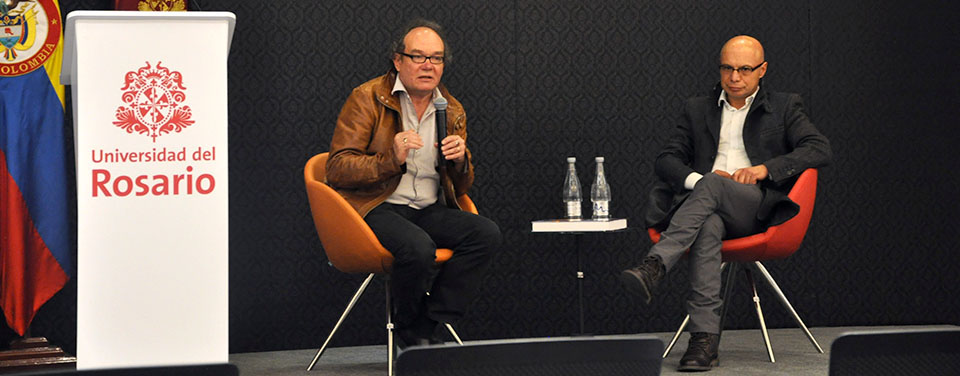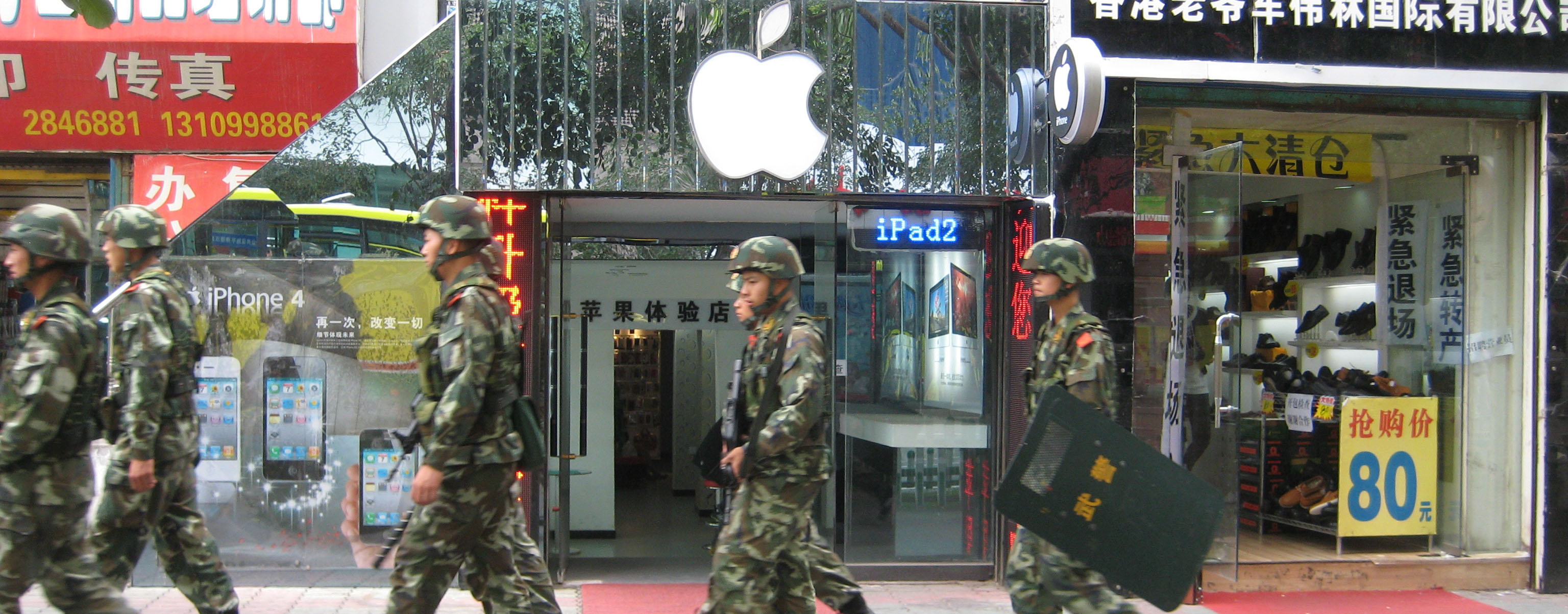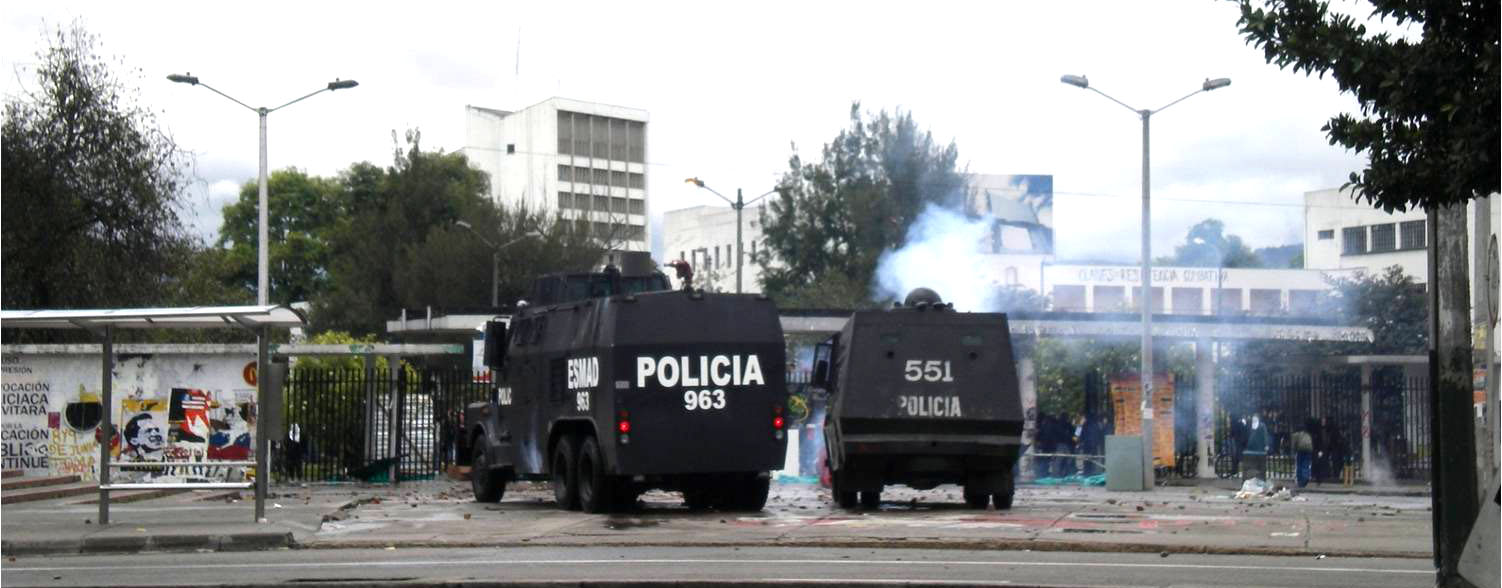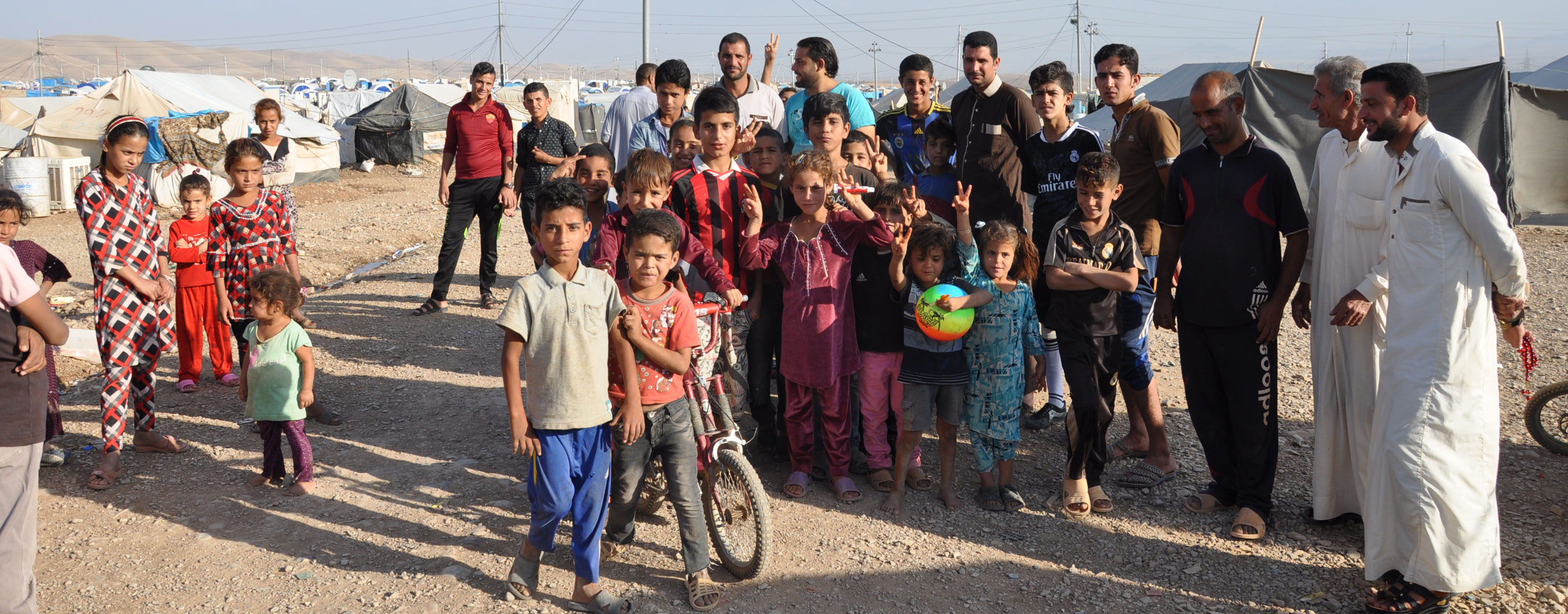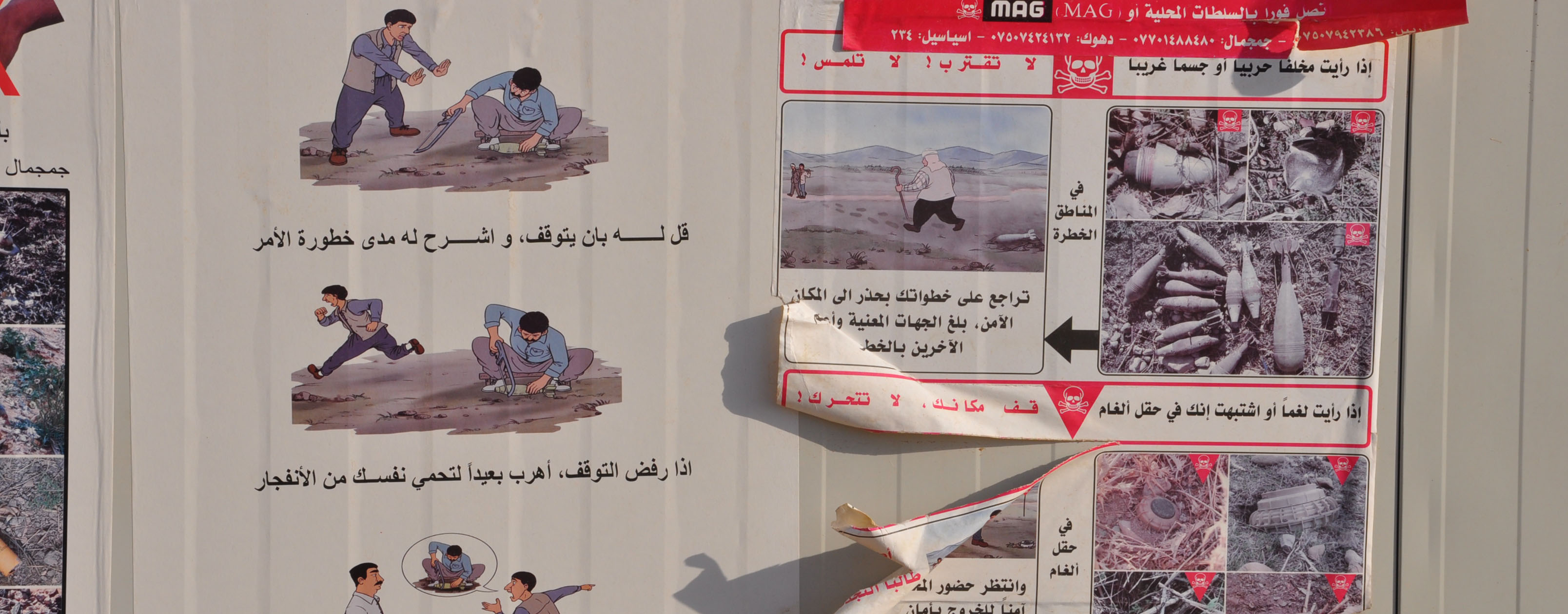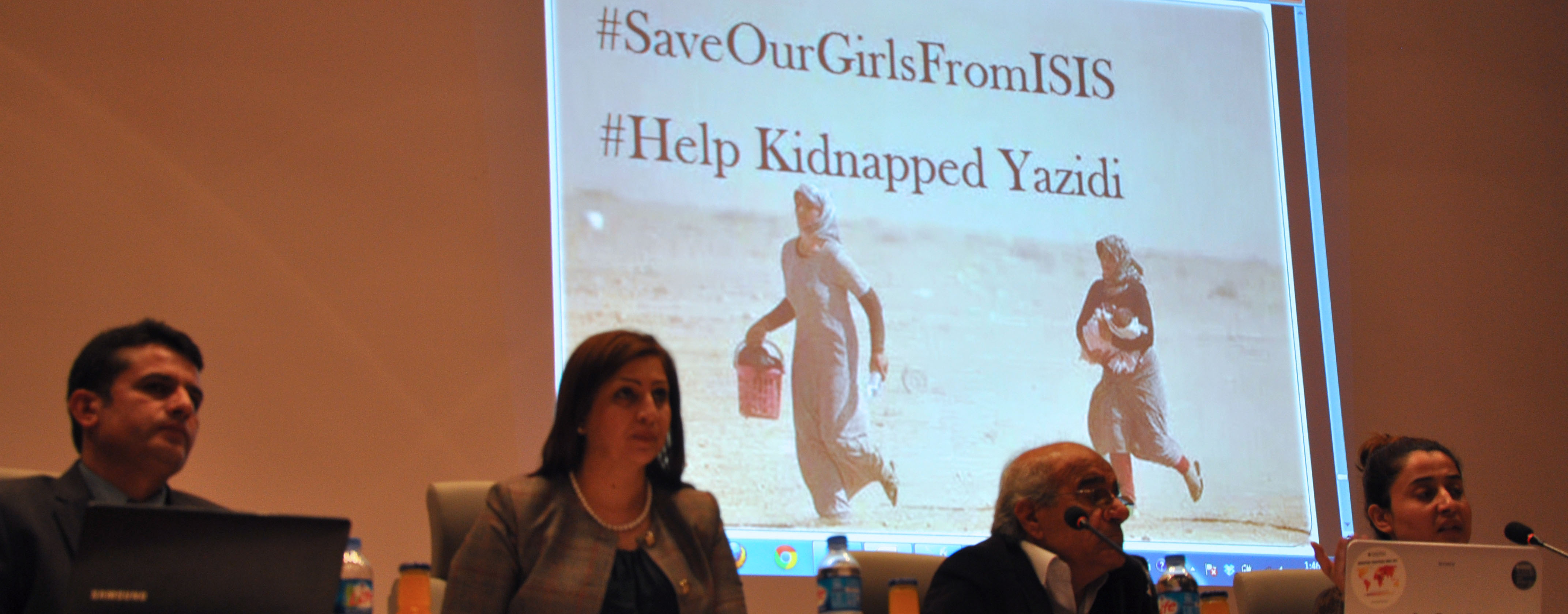Realistic Peace and Turbulent Transitions, 27-30 May 2014
Universidad del Rosario, Bogotá/Colombia
“Memory changes things. Every time we remember something, after the first time, we’re not remembering the event, but the first memory of the event. Then the experience of the second memory and so on.”
Jorge Luis Borges
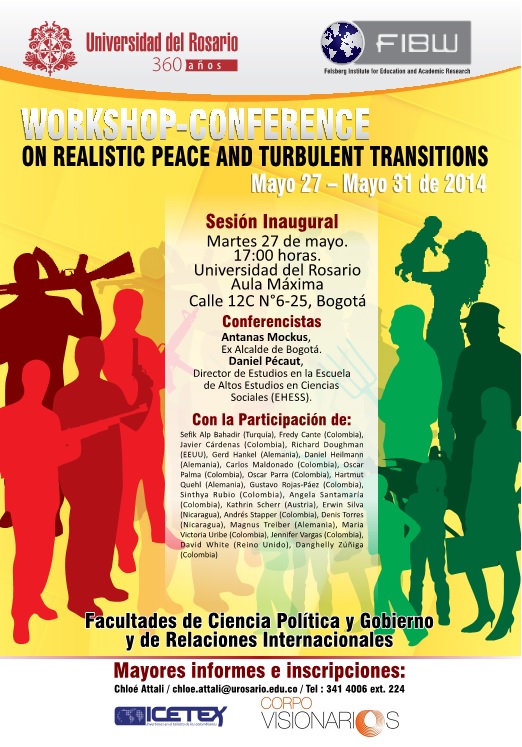
A living memory of an academic and political commitment
By Freddy Cante
During the last week of May, inside the sudden climate of Colombia (where frequently you can experience the four stations in only one day, and live inside contradictory environments of peace and war), was realized a remarkable academic discussion and, indeed, a nice process of consolidation of social ties.
The Universidad del Rosario was venue, and its Faculty of Political Science and Government was host of the workshop-conference on Realistic Peace and Turbulent Transitions. The successful organization of this seminal debate was a product of the alliance of Universidad del Rosario and Felsberg Institute for Education and Academic Research (FIBW), and the additional support from the Colombian organizations Icetex, Corpovisionarios and Agencia Colombiana de Reintegración.
One of the most important attainments of this academic event was the encounter of two dozens of persons, each one bearer of a specific academic discipline (law, philosophy, economy, anthropology, history, etc.) and of some very singular experience of social and political conflict, because each researcher knows very well the reality of conflictive situations inside a determinate place and historical moment in the world (Cambodia, Colombia, Eritrea, Germany, Iraq, Nicaragua, Rwanda, Syria, and Sudan). Half of the participants are members of the International Consortium for Research on Violence (which was founded in the city of Erbil at December of 2013), and the other half are professors and researches that works in Colombian institutions.
In order to overcome, at least partially, the tragic historic reality wisely stated by Borges —fragility of memories that with backwardness register the inclement process of time— we can recover remarkable memories by means the construction of credible collective expectations. The derived project of our past event in Bogotá is justly the collective construction of a book untitled “Realistic Peace and Turbulent Transitions”. The aggregated value of this academic product is the mixture of different points of view (different disciplines, varied analysis of conflict in dissimilar places and times) with a common denominator: how to promote process of transitional justice inside societies which suffer an endemic violence?
The proposed table of contents appears below. A majority of contributors were participants in the event, other were expecting to travel to Colombia and sent his articles before the seminar, and other are invited researches (who were participants in previous events in Iraq or that have some research about the Colombian conflict).
Hartmut and I, as coeditors of the proposed book, are very gratified because your contributions and we expect the publication of this product before the end of this year. During the next three months —until the last week of August— all the researches have time in order to fulfill his or her respective articles.
Sadly, when I am finishing this short document I know about the hard situation in Iraq. It is inevitable to be worried about the lives of friends like Birgit, Fareed and Nazar.
Opening remarks: Antanas Mockus, Daniel Pecáut
First Part: General views about Peace, Conflict and Justice
1) Hartmut Quehl, Reconciliation and Historical Process
2) Freddy Cante Maldonado, Power, Morality and Peace
3) Carlos Eduardo Maldonado, The Complexity of Non-violent Action
4) Sinthya Rubio, Reparations for children and youth: a peace-building mechanism
Second Part: Persistent violence and ambiguous transitions
5) Kathrin Maria Scherr, Transitional Justice from a Comparative Perspective – A Selection of Case Studies
6) Stéphane Valter, Masculinity and Violence in the Syrian Conflict
7) Gerd Hankel, On transitional justice: the ambiguous example of Rwanda
8) Magnus Treiber, The role of migrants in political transition - Eritrea's example
9) Daniel Heilmann, Post-conflict justice in Cambodia and the role of the Khmer Rouge tribunal
10) Denis Torres, Acuerdos de paz, violencia y reconciliación: La experiencia nicaragüense
11) Erwin Silva, Nicaragua: La educación para una cultura de paz en una situación de postguerra
Third Part: Making Peace and Transitions without Finishing Violence: Iraq and Colombia
12) Fareed Jasim Hammood AL – Qaysi, The Violence: experiences from Iraq
13) Sefik Alp Bahadir, Economics Dimensions of Violence and Civil Conflict in Iraq
14) David Whyte, the Corporate State of Exception in Occupied Iraq
15) Nazar Jamil Abdulazeez, Means for accommodation of ethnic conflict - Iraq case
16) Oscar Parra, Paths of Colombian Conflict
17) Felipe Zarama, Caguan’s and Havana’s Peace Talks: strategic retreat or stalemate driven?
18) Oscar Palma, Insurgencies and transnational networks of crime: the case for develop-centered counterinsurgency.
19) Gustavo Rojas-Paez, Corporate crimes in Transition: Exploring the political economy of Transitional Justice in the Global South
20) Jennifer Vargas, Illusions of transition, realities of rearmament. Lessons from failed attempts at demobilization in Colombia.
21) Angela Santamaría, “Indigenous leaders (Taitas, Mamos y Palabreros) and Paradox and possibilities of transitional justice in Colombia.
22) Yomaria García Acuña, From the Studies of Violence to Memories: The construcion of Victims and its articulations with State
23) Richard Doughman, The keys to peace might also open the door to extractivism: projections for Colombia's post-conflict economy.
24) Javier Cárdenas, New political institutions for peace building?: Inadvertent transitions of DDR in Colombia
25) Andrés Stapper,Dilemmas of Process of demobilization, disarmament and reintegration of combatants in Colombia Colombia
26) Paula Timcke, Challenges of qualitative social research in contexts of armed conflict in Colombia
27) Danghelly Zúñiga, "Role of Mass Media and Citizen Media in Process of Reconciliation and Public Engagement
28) Jenny Andrea Santamaría, The role of religion in the education for non-violence and building a culture of peace in Colombia
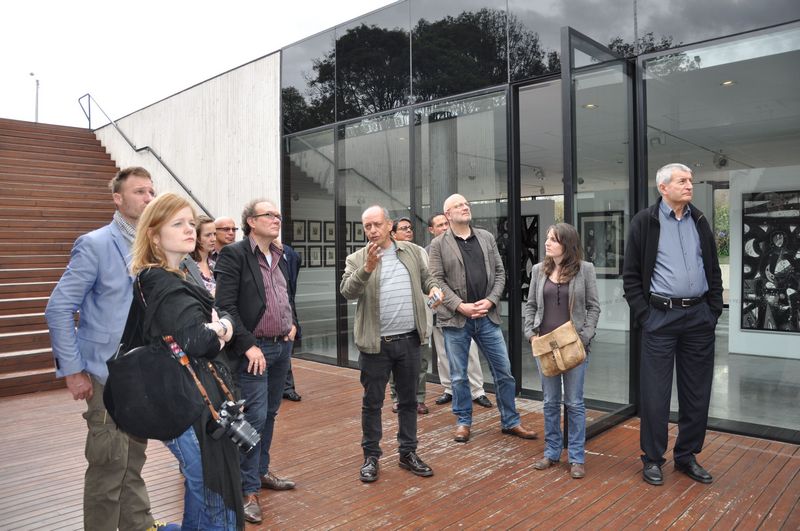
ICRoV members visit Bogotás new Centro de Memoria
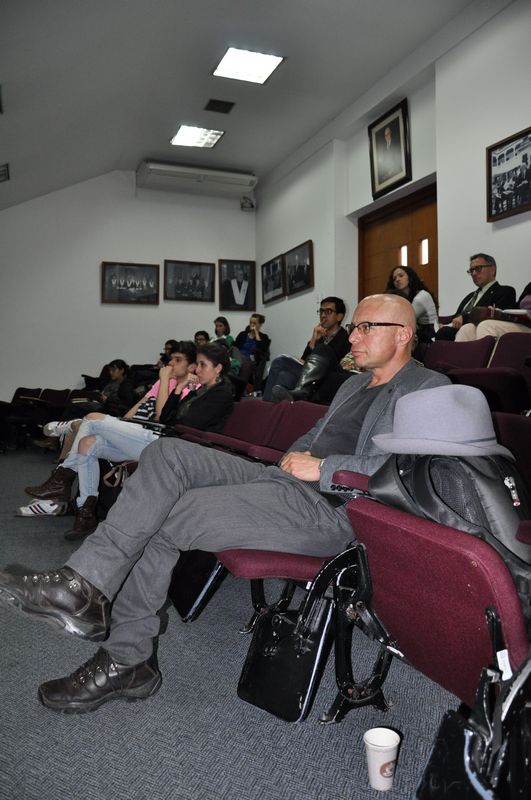
Prof. Freddy Cante, Universidad del Rosario
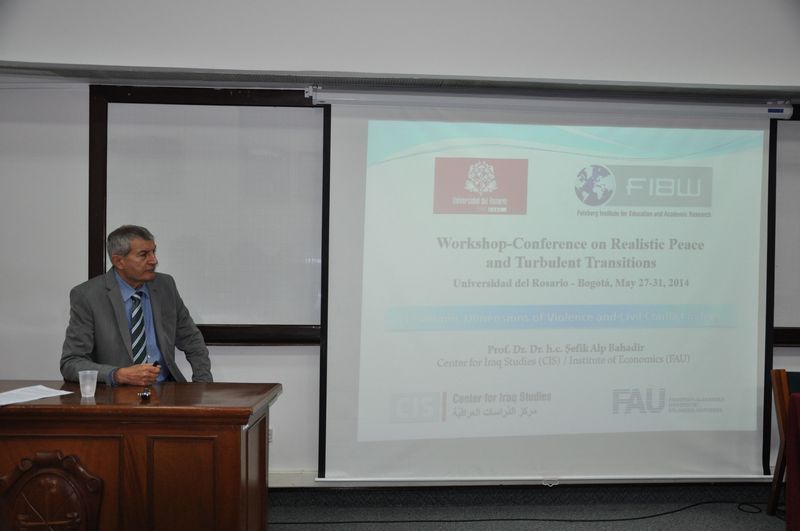
Prof. Alp Bahadir (FAU) presenting on the current state of Iraq’s economy





